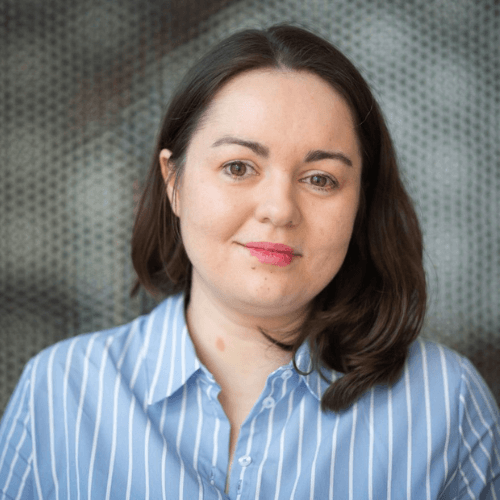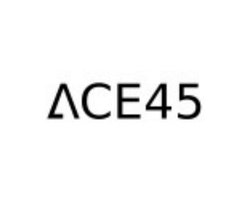Dr Megan Rutherford has developed different machine-learning algorithms for biomedical applications for several years now. While undertaking her PhD at Queen’s University Belfast, Megan worked alongside orthopaedic surgeons investigating the impact of pelvic orientation on the placement of hip replacements. As she created software solutions that could automate analysis for operations, it became clear that there was a gap in the market for affordable computer-aided solutions.
Megan says: “Do you know that the majority of hip replacements in the UK are orientated as judged by eye? By eye! You wouldn’t draw a straight line without a ruler so why implant a hip without a navigation system?” It is estimated that 70% of these operations result in artificial hips being placed in sub-optimal positions. Mis-positioning can lead to a reduced range of motion, bone fractures, blood poisoning or painful dislocations.
Computer-aided navigation in orthopaedic surgery has been adopted by less than 3% of surgeries worldwide. The reason for the low uptake is because the process is prohibitively expensive. The cost of the equipment, its maintenance and increased surgical time adds up. Megan’s mission, through her company ACE 45 Ltd, is to provide affordable, accessible digital tools that will optimise surgical hip replacements.

The Regional Talent Engines programme has already helped Megan buy hardware to better process her data. The programme’s workshops and mentoring have also helped her develop a solid business plan based on market validation and a persuasive pitch. Over the next 18 months she will build a viable product that can be validated outside of theatre.
The end product will comprise of two stages: a pre-operative and an intra-operative step. The result will map the 3D scene to the known pre-operative pelvic structure. This will enable orthopaedic surgeons to achieve consistent results, thus reducing the need for revision surgery and the associated costs by getting the operation right first time.
Associated Programme

